Please join us on January 26, 2022 from 12-1:30pm for an online “Authors Meet Critics” panel discussion focused on the book, The King and the People: Sovereignty and Popular Politics in Mughal Delhi (Oxford University Press), by Abhishek Kaicker, Associate Professor in the UC Berkeley Department of History. Professor Kaicker will be joined in conversation by Asad Ahmed, Professor of Arabic and Islamic Studies in the Department of Near Eastern Studies and Affiliate Faculty in the Department of Philosophy at the University of California, Berkeley; and Aarti Sethi, Assistant Professor in the UC Berkeley Department of Anthropology. The panel will be moderated by Pradeep Chhibber, Professor and Indo-American Community Chair in India Studies at UC Berkeley.
The Social Science Matrix “Authors Meet Critics” book series features lively discussions about recently published books authored by social scientists at UC Berkeley. For each event, the author discusses the key arguments of their book with fellow scholars. These events are free and open to the public. This event is co-sponsored by the Institute of South Asia Studies and the UC Berkeley Department of History.
About the Book
An unprecedented exploration of the relationship between the Mughal emperor and his subjects in the space of the Mughal empire’s capital, The King and The People overturns an axiomatic assumption in the history of premodern South Asia: that the urban masses were merely passive objects of rule and remained unable to express collective political aspirations until the coming of colonialism. Set in the Mughal capital of Shahjahanabad (Delhi) from its founding to Nadir Shah’s devastating invasion of 1739, this book instead shows how the trends and events in the second half of the seventeenth century inadvertently set the stage for the emergence of the people as actors in a regime that saw them only as the ruled.
Panelists
 Abhishek Kaicker is an historian of Persianate South Asia (c. 1200-1900) with expertise in the history of the Mughal empire. He is interested in questions of intellectual history and the history of concepts; early modern global history; religion, politics and the city; and more generally in the continuities between precolonial and postcolonial south Asia. The King the People: Sovereignty and Popular Politics in Mughal Delhi is his first book.
Abhishek Kaicker is an historian of Persianate South Asia (c. 1200-1900) with expertise in the history of the Mughal empire. He is interested in questions of intellectual history and the history of concepts; early modern global history; religion, politics and the city; and more generally in the continuities between precolonial and postcolonial south Asia. The King the People: Sovereignty and Popular Politics in Mughal Delhi is his first book.
 Asad Q. Ahmed is Professor of Arabic and Islamic Studies in the Department of Middle Eastern Languages and Cultures and the Director of the Center for Middle Eastern Studies at the University of California, Berkeley. He works on Islamic intellectual history and is the author of The Religious Elite of the Early Islamic Hijaz (Oxford), Avicenna’s Deliverance (Oxford), and Palimpsests of Themselves (UC Press).
Asad Q. Ahmed is Professor of Arabic and Islamic Studies in the Department of Middle Eastern Languages and Cultures and the Director of the Center for Middle Eastern Studies at the University of California, Berkeley. He works on Islamic intellectual history and is the author of The Religious Elite of the Early Islamic Hijaz (Oxford), Avicenna’s Deliverance (Oxford), and Palimpsests of Themselves (UC Press).
 Aarti Sethi is Assistant Professor of Anthropology at the Department of Anthropology at UC Berkeley. She writes on agrarian life, debt and capitalism. She is also more broadly interested in comparative religion, cinema, media and visual cultures, the study of caste, structural violence and social-economic inequality in South Asia. She holds degrees in political science, and cinema and cultural studies, from Delhi University and Jawaharlal Nehru University, New Delhi. She received a Ph.D. in anthropology from Columbia University in 2017. Before joining Berkeley, she had postdoctoral fellowships at Harvard and Brown Universities.
Aarti Sethi is Assistant Professor of Anthropology at the Department of Anthropology at UC Berkeley. She writes on agrarian life, debt and capitalism. She is also more broadly interested in comparative religion, cinema, media and visual cultures, the study of caste, structural violence and social-economic inequality in South Asia. She holds degrees in political science, and cinema and cultural studies, from Delhi University and Jawaharlal Nehru University, New Delhi. She received a Ph.D. in anthropology from Columbia University in 2017. Before joining Berkeley, she had postdoctoral fellowships at Harvard and Brown Universities.
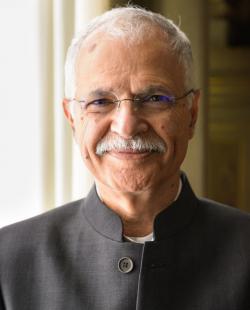 Pradeep Chhibber (moderator) studies the politics of India, political parties and party systems. His recent research is on the influence of ideology on party system change, religion and politics, elections and parties, and the politics of development in India. Ideology and Identity: The Changing Party System of India, co-authored with Rahul Verma, was published by Oxford University Press in 2018. The book lays out an ideological framework for understanding party system change in India since 1952. The book also explains the reasons behind the rise of the religious right-dominated party system in contemporary India. Religious Practice and Democracy (with Sandeep Shastri, Cambridge University Press, 2014) examines the relationship between everyday religious practice and political representation in contemporary India.
Pradeep Chhibber (moderator) studies the politics of India, political parties and party systems. His recent research is on the influence of ideology on party system change, religion and politics, elections and parties, and the politics of development in India. Ideology and Identity: The Changing Party System of India, co-authored with Rahul Verma, was published by Oxford University Press in 2018. The book lays out an ideological framework for understanding party system change in India since 1952. The book also explains the reasons behind the rise of the religious right-dominated party system in contemporary India. Religious Practice and Democracy (with Sandeep Shastri, Cambridge University Press, 2014) examines the relationship between everyday religious practice and political representation in contemporary India.
REGISTER TO ATTEND
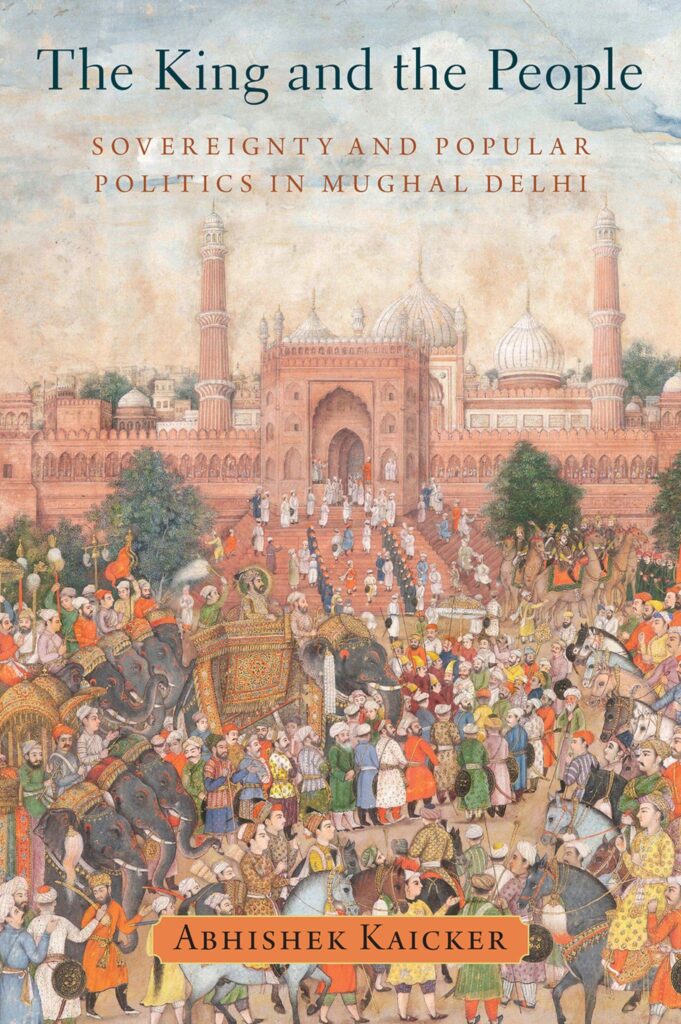

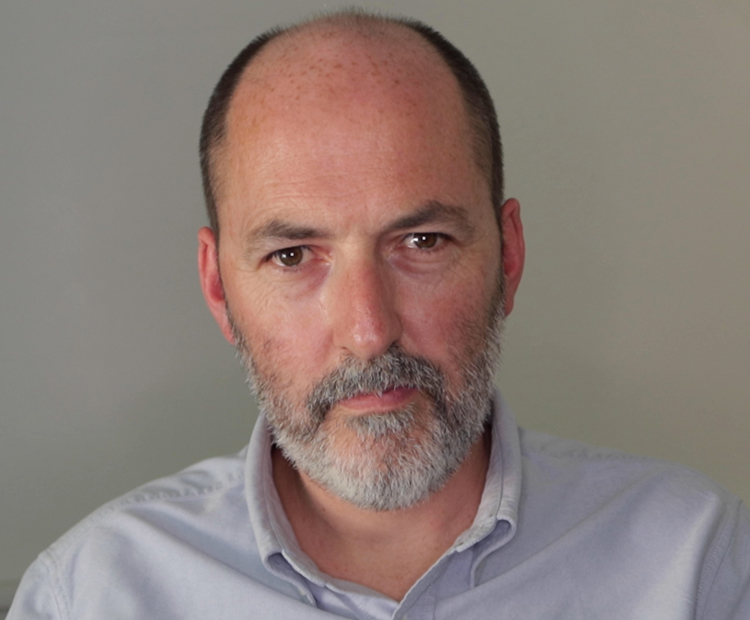
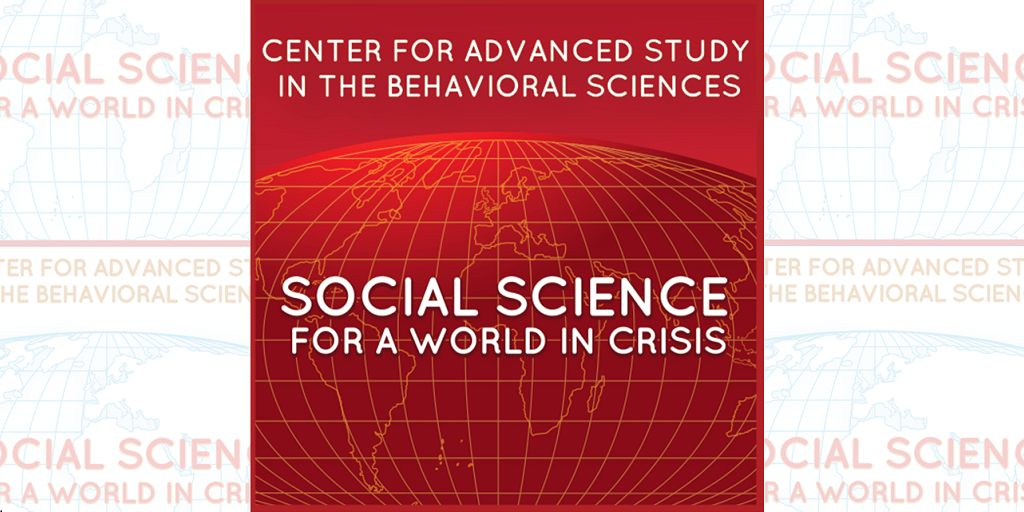
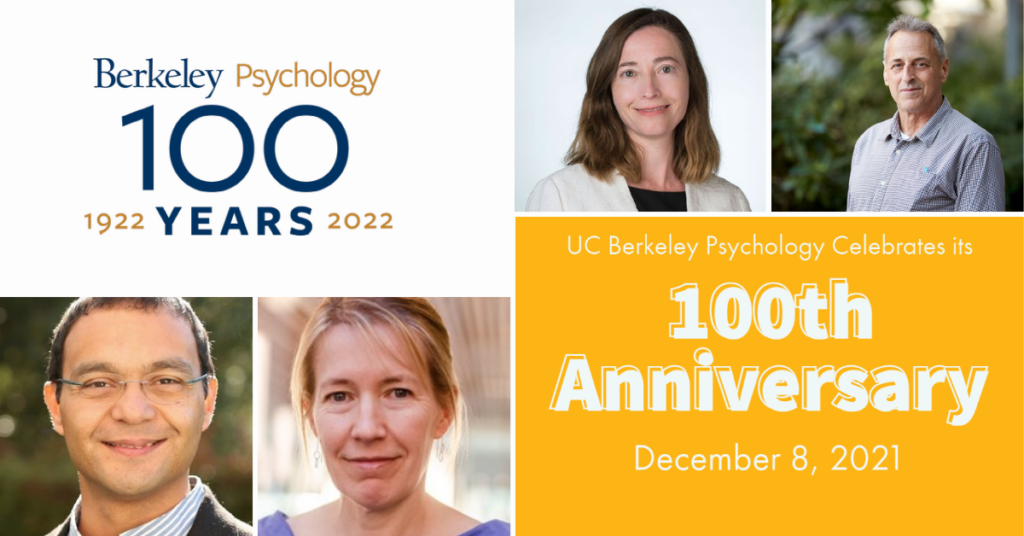
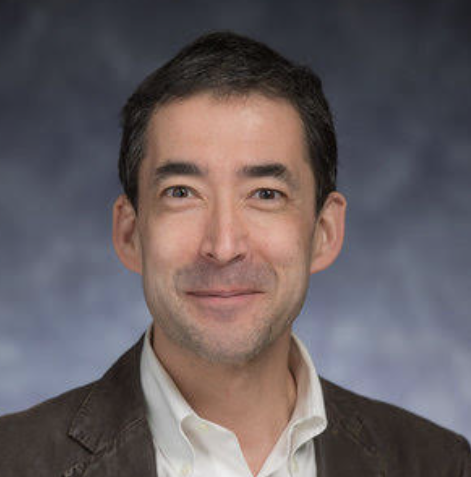

 Sarah Sobieraj is an award-winning teacher and researcher with expertise in US political culture, extreme incivility, digital abuse and harassment, and the mediated information environment. Her most recent book, Credible Threat: Attacks Against Women Online and the Future of Democracy (Oxford University Press, 2020), examines the impact of identity-based digital abuse on women’s participation in social and political discourse. She is also the author of The Outrage Industry: Political Opinion Media and the New Incivility (Oxford University Press, 2014) with Jeff Berry, and Soundbitten: The Perils of Media-Centered Political Activism (NYU Press, 2011). Professor Sobieraj’s most recent journal articles can be found in Information, Communication & Society, Social Problems, PS: Political Science & Politics, Poetics, Political Communication, and Sociological Theory. Her work has also been featured in venues such as the New York Times, the Washington Post, the Boston Globe, and the Atlantic. Sobieraj serves on the advisory board of the Social Science Research Council’s Disinformation Research Mapping Initiative, and is a member of the National Institute for Civil Discourse Research Network.
Sarah Sobieraj is an award-winning teacher and researcher with expertise in US political culture, extreme incivility, digital abuse and harassment, and the mediated information environment. Her most recent book, Credible Threat: Attacks Against Women Online and the Future of Democracy (Oxford University Press, 2020), examines the impact of identity-based digital abuse on women’s participation in social and political discourse. She is also the author of The Outrage Industry: Political Opinion Media and the New Incivility (Oxford University Press, 2014) with Jeff Berry, and Soundbitten: The Perils of Media-Centered Political Activism (NYU Press, 2011). Professor Sobieraj’s most recent journal articles can be found in Information, Communication & Society, Social Problems, PS: Political Science & Politics, Poetics, Political Communication, and Sociological Theory. Her work has also been featured in venues such as the New York Times, the Washington Post, the Boston Globe, and the Atlantic. Sobieraj serves on the advisory board of the Social Science Research Council’s Disinformation Research Mapping Initiative, and is a member of the National Institute for Civil Discourse Research Network. CJ Pascoe is an associate professor of sociology at the University of Oregon and co-editor of Socius Journal Her award winning book, Dude, You’re a Fag: Masculinity and Sexuality in High School documents the the relationship between homophobic bullying and masculinity in adolescence. She has worked extensively with a variety of organizations dedicated to reducing gender and sexuality inequality in schools and adolescence. Her current book project, American High School: Inequality and Change in an American Suburb continues to explore inequality in schools with a focus on young people’s social activism.
CJ Pascoe is an associate professor of sociology at the University of Oregon and co-editor of Socius Journal Her award winning book, Dude, You’re a Fag: Masculinity and Sexuality in High School documents the the relationship between homophobic bullying and masculinity in adolescence. She has worked extensively with a variety of organizations dedicated to reducing gender and sexuality inequality in schools and adolescence. Her current book project, American High School: Inequality and Change in an American Suburb continues to explore inequality in schools with a focus on young people’s social activism. Julia Ebner is a radicalisation researcher and bestselling writer based in London. She works as a Research Fellow at the Institute for Strategic Dialogue and is completing her DPhil at Oxford University. Based on her research, she has acted as a consultant to the United Nations, the World Bank and several security and intelligence agencies. Her first book, The Rage: The Vicious Circle of Islamist and Far-Right Extremism, (I.B. Tauris, 2017) won the Bruno Kreisky Award for the Political Book of the Year 2018. For her second book, Going Dark: The Secret Social Lives of Extremists, (Bloomsbury, 2020), Julia went undercover with extremist organisations across the ideological spectrum, including jihadist, white supremacist, and misogynist groups. Going Dark was an international bestseller and has been translated into seven languages so far. It won the award ‘Wissenschaftsbuch des Jahres 2020’ (Science Book of the Year 2020) and was long-listed for the Gold Dagger Award. To bring her research findings to a wider audience, she regularly writes for newspapers such as The Guardian, Süddeutsche, and Washington Post.
Julia Ebner is a radicalisation researcher and bestselling writer based in London. She works as a Research Fellow at the Institute for Strategic Dialogue and is completing her DPhil at Oxford University. Based on her research, she has acted as a consultant to the United Nations, the World Bank and several security and intelligence agencies. Her first book, The Rage: The Vicious Circle of Islamist and Far-Right Extremism, (I.B. Tauris, 2017) won the Bruno Kreisky Award for the Political Book of the Year 2018. For her second book, Going Dark: The Secret Social Lives of Extremists, (Bloomsbury, 2020), Julia went undercover with extremist organisations across the ideological spectrum, including jihadist, white supremacist, and misogynist groups. Going Dark was an international bestseller and has been translated into seven languages so far. It won the award ‘Wissenschaftsbuch des Jahres 2020’ (Science Book of the Year 2020) and was long-listed for the Gold Dagger Award. To bring her research findings to a wider audience, she regularly writes for newspapers such as The Guardian, Süddeutsche, and Washington Post. Dr. Kishonna L. Gray (@kishonnagray) is an Associate Professor in the Writing, Rhetoric, Digital Studies program at the University of Kentucky. She is an interdisciplinary, intersectional, digital media scholar whose areas of research include identity, performance and online environments, embodied deviance, cultural production, video games, and Black Cyberfeminism. Dr. Gray is the author of Intersectional Tech: Black Users in Digital Gaming (LSU Press, 2020). She is also the author of Race, Gender, & Deviance in Xbox Live (Routledge, 2014), and the co-editor of two volumes on culture and gaming. Dr. Gray has published in a variety of outlets across disciplines and has also featured in public outlets such as The Guardian, The Telegraph, and The New York Times.
Dr. Kishonna L. Gray (@kishonnagray) is an Associate Professor in the Writing, Rhetoric, Digital Studies program at the University of Kentucky. She is an interdisciplinary, intersectional, digital media scholar whose areas of research include identity, performance and online environments, embodied deviance, cultural production, video games, and Black Cyberfeminism. Dr. Gray is the author of Intersectional Tech: Black Users in Digital Gaming (LSU Press, 2020). She is also the author of Race, Gender, & Deviance in Xbox Live (Routledge, 2014), and the co-editor of two volumes on culture and gaming. Dr. Gray has published in a variety of outlets across disciplines and has also featured in public outlets such as The Guardian, The Telegraph, and The New York Times. Raka Ray is Dean of the Division of Social Sciences at UC Berkeley. She is an award-winning mentor and teacher, and has previously held several leadership positions at UC Berkeley, including Chair of the Institute of South Asia Studies (2003-2012), Chair of the Department of Sociology (2012-2015), and Chair of the Academic Senate Committee on Budget and Interdepartmental Relations. Ray’s research interests include topics such as gender and feminist theory, postcolonial sociology, contemporary politics in the US and India; her current project is on the transformations in gender wrought by the decline of traditional fields of work for men. Ray’s publications include Fields of Protest: Women’s Movements in India (University of Minnesota, 1999; and in India, Kali for Women, 2000), Social Movements in India: Poverty, Power, and Politics, co-edited with Mary Katzenstein (Rowman and Littlefeld, 2005), Cultures of Servitude: Modernity, Domesticity and Class in India with Seemin Qayum (Stanford 2009), The Handbook of Gender (OUP, India 2011), Both Elite and Everyman: The Cultural Politics of the Indian Middle Classes, co-edited with Amita Baviskar (Routledge, 2011), The Social Life of Gender (Sage 2017) co-edited with Jennifer Carlson and Abigail Andrews, and many articles and op-eds.
Raka Ray is Dean of the Division of Social Sciences at UC Berkeley. She is an award-winning mentor and teacher, and has previously held several leadership positions at UC Berkeley, including Chair of the Institute of South Asia Studies (2003-2012), Chair of the Department of Sociology (2012-2015), and Chair of the Academic Senate Committee on Budget and Interdepartmental Relations. Ray’s research interests include topics such as gender and feminist theory, postcolonial sociology, contemporary politics in the US and India; her current project is on the transformations in gender wrought by the decline of traditional fields of work for men. Ray’s publications include Fields of Protest: Women’s Movements in India (University of Minnesota, 1999; and in India, Kali for Women, 2000), Social Movements in India: Poverty, Power, and Politics, co-edited with Mary Katzenstein (Rowman and Littlefeld, 2005), Cultures of Servitude: Modernity, Domesticity and Class in India with Seemin Qayum (Stanford 2009), The Handbook of Gender (OUP, India 2011), Both Elite and Everyman: The Cultural Politics of the Indian Middle Classes, co-edited with Amita Baviskar (Routledge, 2011), The Social Life of Gender (Sage 2017) co-edited with Jennifer Carlson and Abigail Andrews, and many articles and op-eds.
 Steven Barrie-Anthony
Steven Barrie-Anthony
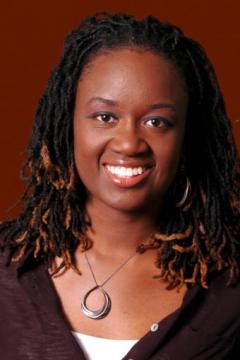
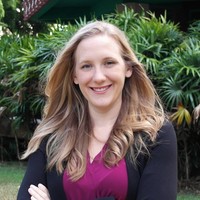 Heather Mellquist Lehto
Heather Mellquist Lehto  Carolyn Chen
Carolyn Chen 
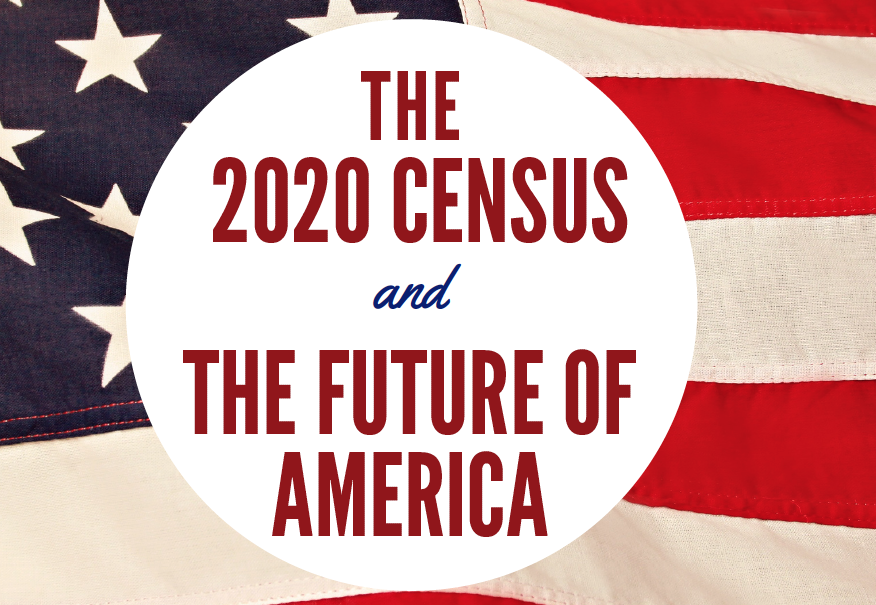


 Brandon Smith
Brandon Smith

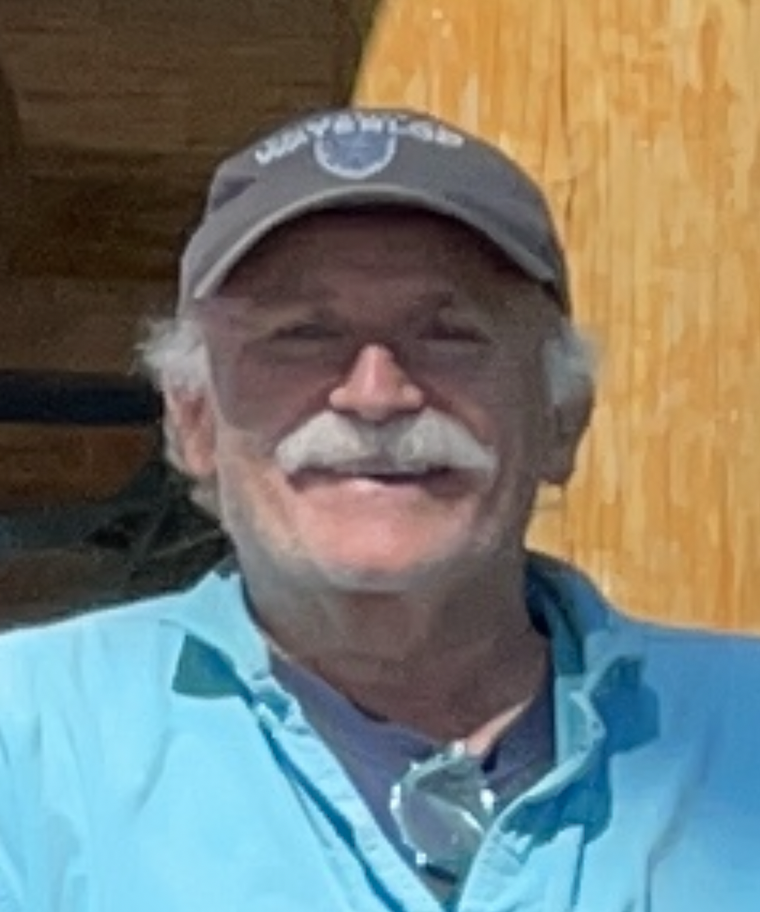 John Radke
John Radke